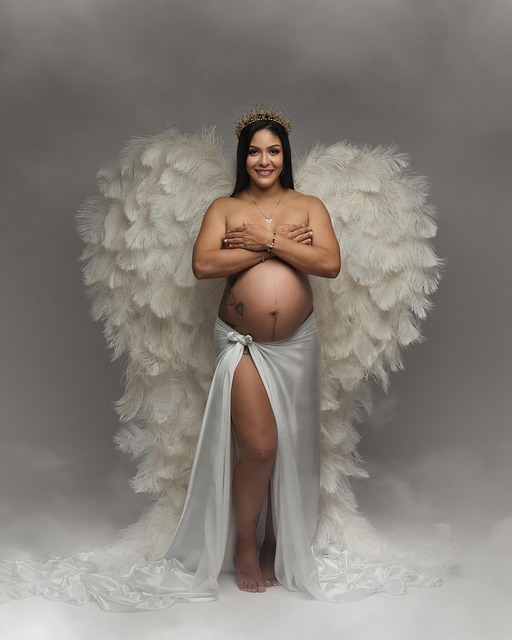Navigating the postpartum period can be overwhelming, and one common experience many new mothers face is excessive sweating, particularly at night. If you’re finding yourself drenched in sweat while simply lying in bed, you’re not alone. Let’s break down what postpartum sweating and night sweats entail, why they occur, and what you can expect.
What are Postpartum Night Sweats?
Postpartum sweating often manifests during sleep, leading to what is commonly referred to as postpartum night sweats. This phenomenon can disrupt your rest, but it’s a typical response your body has after childbirth. It’s important to remember that these sweats are a normal part of the recovery process.
What Causes Postpartum Sweating?
The primary cause of postpartum sweating is hormonal fluctuations. After giving birth, your body works to eliminate the extra fluids accumulated during pregnancy. This hormonal upheaval triggers an increase in perspiration as your body adjusts back to its pre-pregnancy state.
How Long Do Postpartum Sweating and Night Sweats Last?
Typically, postpartum sweating and night sweats will gradually decrease as your hormones stabilize and the excess fluids are expelled from your system. Each woman’s experience is unique, and the duration may vary, but you can expect these symptoms to diminish over time.
What Can You Do About Postpartum Sweating and Night Sweats?
While there’s no quick fix, there are several strategies that may help ease your discomfort. Staying hydrated, dressing in lightweight clothing, and keeping your sleeping environment cool can make a significant difference. If you’re looking for further support, consider exploring resources like Make a Mom for at-home insemination options or check out this blog post for more engaging content.
If you’re interested in more insights about fertility and the weight of scheduled intercourse, you can read this article which offers valuable perspectives. For further information on pregnancy, Healthline is an excellent resource.
In summary, postpartum sweating, especially night sweats, is a common issue that many new mothers face as their bodies recover from childbirth. Understanding the causes and duration of these symptoms can help you feel more in control during this transition.

